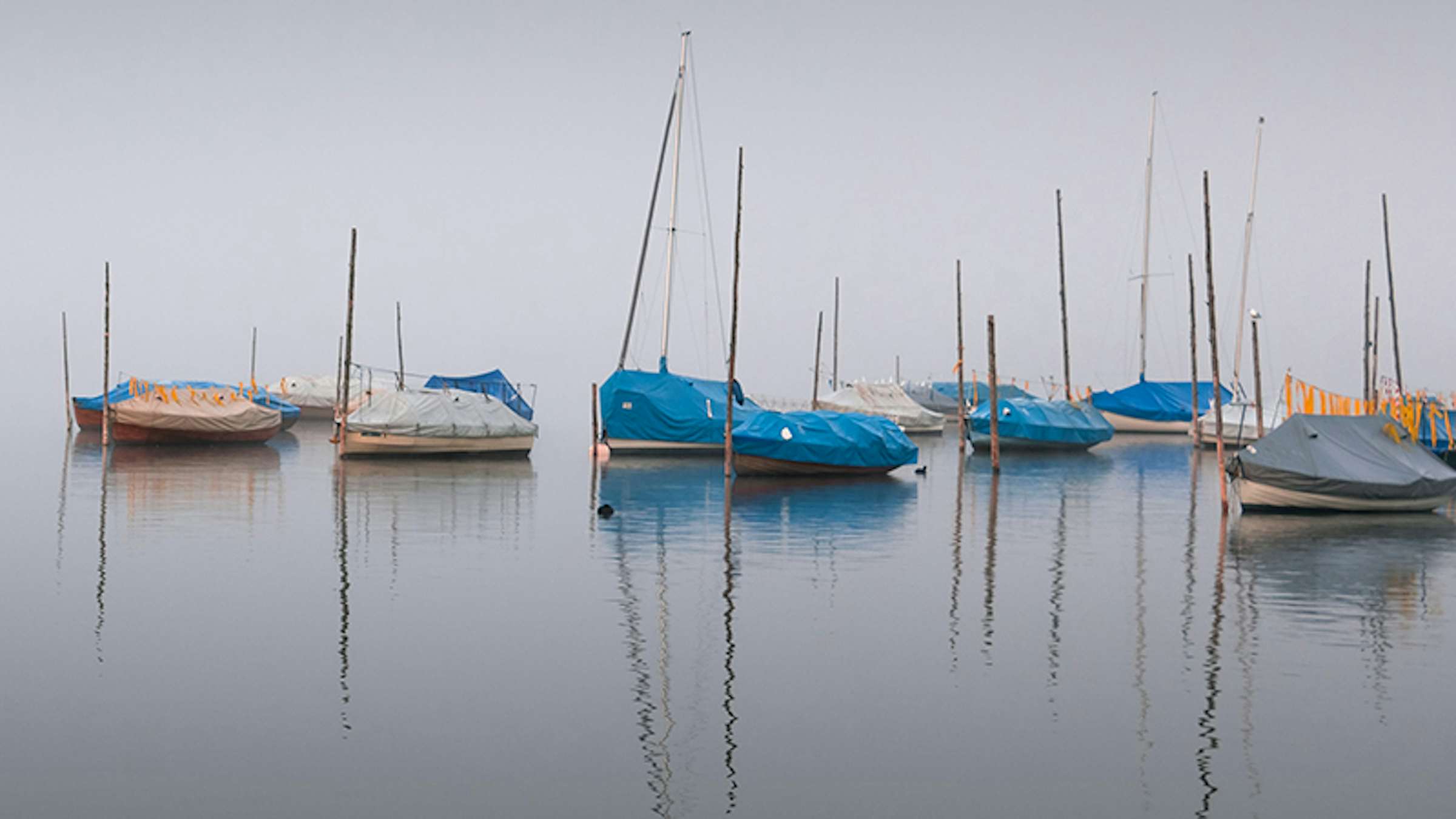
The low down on boat covers
Sometimes boats need to rug up too, so we have gone looking for suggestions on boat covers.
As the Without a Hitch website states…if your boat’s being stored outdoors, it will need covering that protects it from weather and vandals. While indoor boat storage is ideal, this is not always an option. (Actually, you may wish to consider a cover even if your boat is stored inside, as a good cover will help protect it from dust, mice, etc).
So… acrylic, regular canvas, coated polyester, shrink wrap? What’s the best cover? The answer to that is largely dependent on where you live and how extreme the weather gets in winter. It is important to use waterproof boat covers that breathe. Mildew and UV-resistant materials are a good choice and, where possible, allow for vents or some airflow underneath to reduce the likelihood of mould and mildew.
The Without a Hitch website looks at various options for covers and provides storage tips. The least expensive way to cover your boat for winter, this site says, is to build a frame and cover it with plastic tarpaulin tied down with ropes attached to the trailer. It will allow air to flow around the boat - but take care the tarp is securely fastened so that it doesn’t flap loose or chafe the boat.
Unfortunately, there are boaters who fail to realise the benefit of a boat cover. Boat covers are an inexpensive necessity and have an important role to play in protecting your asset.
Check out this site for a video on boat covers. According to the tips offered here, most boat covers can be tied down to your boat trailer for travel. This enables you to arrive to launch your boat minus wet interiors, dusty carpets or sun damage. There’s the option of buying a custom-fit cover that’s designed and tailor-made for the exact make, model and year of your boat, or there is a universal style boat cover on offer that’s a generic model aimed to fit the measurements you take of your watercraft. Just how to measure your boat for a cover is outlined on this site too.
How to size your boat cover, and what makes a good boat cover are topics of blogs on The Cover Shop site. Denier, dye and coatings options are addressed in this Cover Shop blog, which also looks at “why buying just any cover is not a good idea”. And, if you’re thinking of purchasing a Bimini top to shelter your boat, there’s advice on that too. There is a bit involved in sizing your boat cover and that’s expertly dealt with in this Cover Shop blog.
Boat Covers Direct says covering your boat is one of the single most important things to protect your investment. If you want to ensure your cover has a long life, then this site is worth visiting for a read. Using boat cover tie downs is imperative, and it’s recommended that you support your cover too. A boat cover support system, or boat cover support pole (that ensures water doesn’t pool) is an easy way to offer your cover support and help it last for years.
According to geektor.com buying a boat cover isn’t necessarily a simple task, given the things that need to be taken into consideration.
“In order to keep out the dirt, water, rodents, and harmful UV rays, you need to find a cover that fits the shape of your boat as exactly as possible.”
This site looks at various boat covers and discusses their care and maintenance. It also tells us that the exact boat cover you buy will depend on your particular situation and needs. It recommends you select a cover with the following in mind:
- 1. A Perfect Fit
- 2. Waterproofing and Breathability
- 3. UV Resistance
- 4. Support
- 5. Reinforcements
- 6. Trailer Suitability
- 7. Mildew Resistant Coatings
- 8. A Good Warranty
Check out all the suggestions above and chances are you will immediately be able to identify boat cover misconceptions, which is what this article looks at. Myths being debunked are:
- Any cover will work for my boat
- The tighter the boat cover, the better
- I can wait to buy a cover
- Boats don't need to be covered when in storage
- Some boat covers create condensation.
Looking for the right cover on the water in New Zealand in 2022?
No matter what your plans are on the water in 2022, Mariner Insurance is here to support you. We have been offering Kiwis specialist marine insurance in New Zealand for over a decade with cover for all types of boats and watercraft. Just talk to us about what you’re doing on the water, and we can tailor one of our insurance policies to fit.